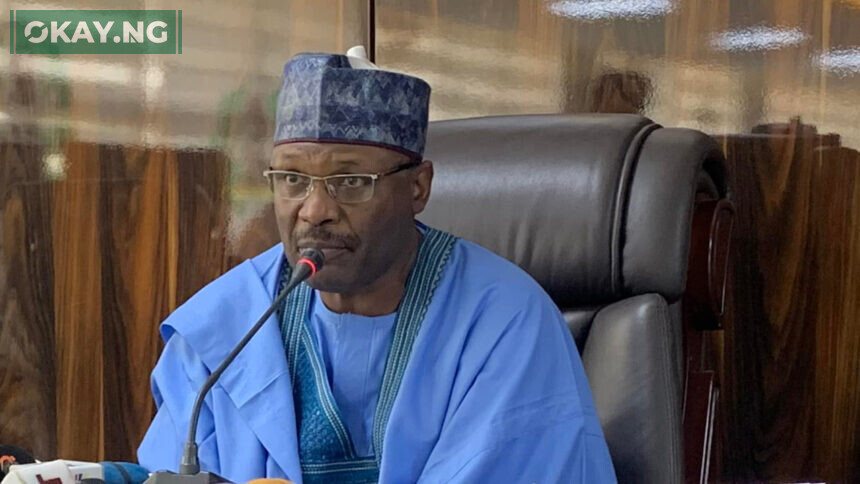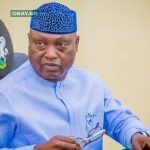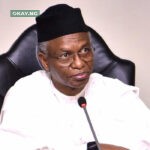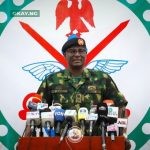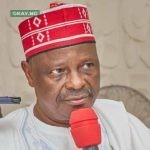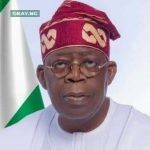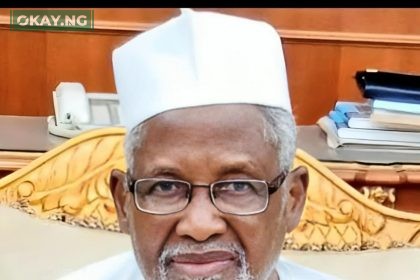Prof. Mahmood Yakubu, Chairman of the Independent National Electoral Commission (INEC), has emphasized the urgent need for ongoing reforms to Nigeria’s electoral laws, calling for rapid implementation to enhance the electoral process.
Speaking at a retreat with the National Assembly’s Joint Committee on Electoral Matters in Lagos on Monday, Yakubu reflected on the success of the 2020 retreat that led to the Electoral Act 2022, which modernized election management by addressing legal gaps and integrating technology.
“That effort, among many other initiatives, resulted in the repeal and re-enactment of the Electoral Act 2010 (as amended). The result is the current Electoral Act 2022,” Yakubu noted, praising the collaboration between lawmakers and INEC as a positive development for electoral reform.
He highlighted a key amendment extending the timeline between party primaries and general elections from 60 to 180 days, which allowed the 2023 general election to proceed without postponements due to logistical challenges. “The solution was to amend the Electoral Act to provide for more time between party primaries and the nomination of candidates on the one hand and the dates fixed for the election on the other,” he explained.
Yakubu also celebrated a historic milestone in the 2023 elections: for the first time since Nigeria’s return to democracy in 1999, all election materials, including ballot papers and result sheets, were printed domestically. “Not a single sheet of paper for the 2023 General Election was printed outside Nigeria,” he declared, a feat lauded by the Chartered Institute of Professional Printers of Nigeria.
Looking ahead, Yakubu appealed to the National Assembly to expedite the finalization of the electoral legal framework to provide INEC sufficient time for implementation before the next election cycle. He thanked development partners for their support and stressed that a robust legal framework is vital for continuous electoral improvements and the strengthening of Nigeria’s democracy.


